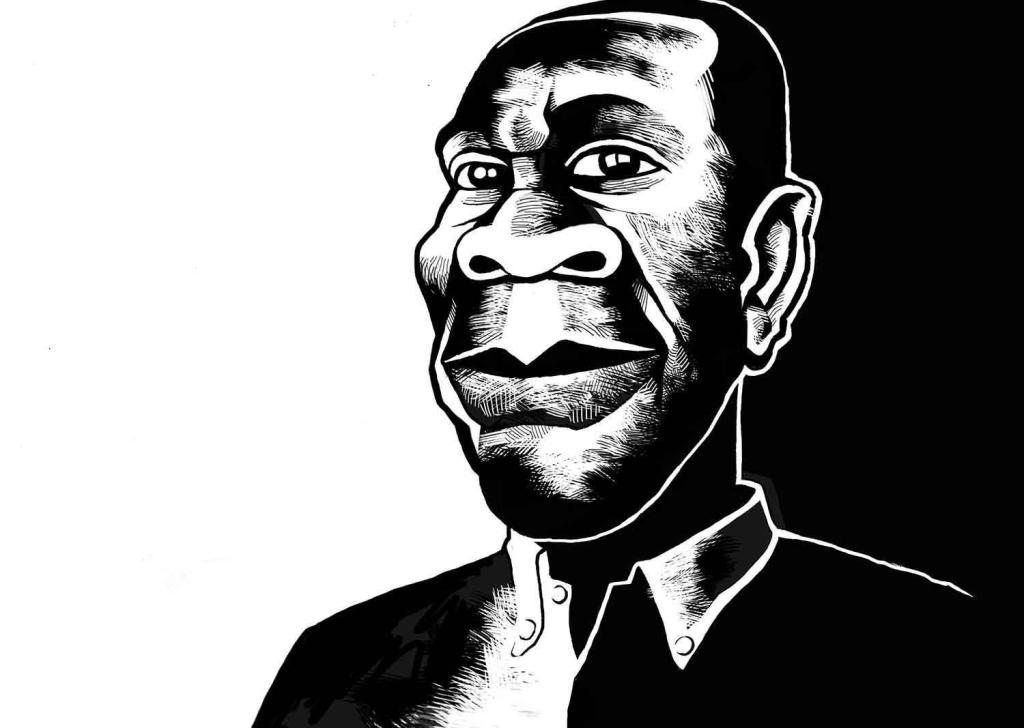Do you have five minutes? Please take this survey to help us improve this newsletter. Thank you!
In a BBC interview Wednesday, Tanzanian Foreign Minister Palamagamba Kabudi said that journalist Azory Gwanda had “disappeared and died” in the country’s eastern Rufiji region. Gwanda, the subject of CPJ’s ongoing #WhereIsAzory campaign, went missing on November 21, 2017, after investigating mysterious killings and disappearances in his community. The Tanzanian government has yet to deliver a promised investigation into his case.
Albania’s journalists tread a fine line when covering organized crime, corruption and politics, CPJ Europe Correspondent Attila Mong found on his recent trip to the country with a coalition of press freedom organizations. The coalition met with journalists and political leaders, including Prime Minister Edi Rama.
Global press freedom updates
- Cuba: CPJ’s program director, Carlos Martinez de la Serna, testified before the U.S. Congress Thursday on threats that Cuban journalists face.
- Syria: Security forces in Aleppo arrested Rabea Kalawandi, a pro-Assad reporter working for Iranian state-run broadcaster Al-Alam TV, without publicly stating a reason for his arrest.
- Venezuela: Journalist Braulio Jatar was formally released from house arrest after receiving court notification. The journalist was one of three imprisoned in Venezuela when CPJ conducted its annual prison census in December.
- India: Three men assaulted Harshad Ahir, Valsad bureau chief of Gujarat Mitra, along with his wife and child. Ahir told CPJ that a former district official led the attack, which was retaliation for his critical coverage. Separately, the National Investigation Agency questioned Greater Kashmir editor Fayaz Kaloo for six consecutive days in July about articles published in his newspaper.
- Pakistan: Three TV news channels were blocked after they aired speeches by an opposition leader leveling accusations of corruption against officials.
- Greece: On July 4, a group of masked individuals entered the Athens Voice offices and vandalized the newsroom. The attack was in response to an article.
- Ghana: On June 27, security forces arrested journalists Emmanuel Ajarfor Abugri and Emmanuel Yeboah Britwum at the Accra offices of Modern Ghana website, questioned them about their reporting, confiscated their laptops and phones, and allegedly tortured Abugri. The National Security Council Secretariat denied the allegations of torture.
- Ethiopia: On June 22, the country’s internet was blacked out following what the government described as a failed attempted coup in the Amhara region. In the past two months, authorities have arrested several journalists. Muthoki Mumo, CPJ’s sub-Saharan Africa representative, raises the question in a new blog, “Did we celebrate the opening up of Ethiopia too early?”
- Read more of our in-depth reporting here.
Spotlight
